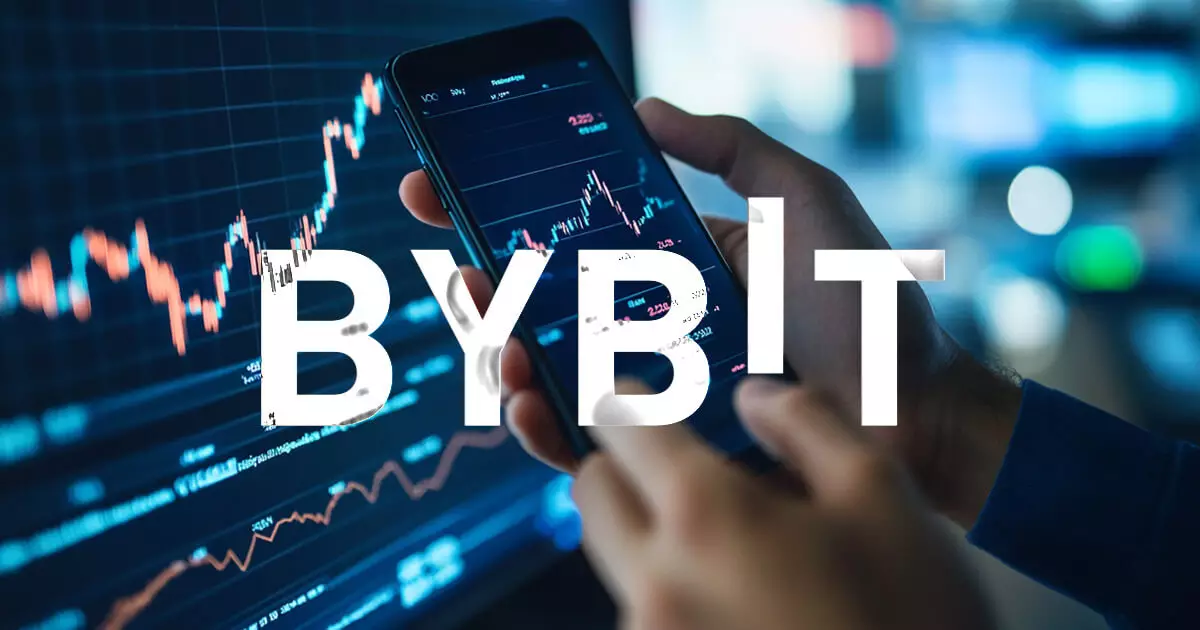The recent announcement from crypto exchange Bybit indicating the discontinuation of several Web3 products and services marks a significant shift that has raised eyebrows within the cryptocurrency community. As one of the industry’s prominent players, Bybit’s decision to phase out essential services like the Cloud Wallet and Keyless Wallet by May 31, 2025, sends shockwaves through an already volatile market. This isn’t just a typical corporate adjustment; it reflects a broader trend of consolidation in the crypto sector that could undermine user trust.
The Consequences of Service Shutdown
One of the most alarming aspects of Bybit’s announcement is the potential for users to permanently lose access to their assets. With the discontinuation of features like the NFT Marketplace, users are being put on notice—fail to transfer your NFTs, and they could be gone forever. This is especially troubling given the rise of NFTs as legitimate assets and their increasingly speculative value. The timeline provided for users to withdraw their assets feels rushed and could lead to a wave of losses, leaving many feeling stranded.
A Shift in Focus or a Retreat?
Bybit has framed its decision as a necessary pivot toward a more innovative and user-friendly operational model. However, can we truly trust a company that seems willing to jettison significant parts of its infrastructure? While the move to streamline operations could be seen as resourceful, it raises a critical question: What does this mean for customer centricity? A focus on select long-term strategies shouldn’t come at the expense of existing users. The message appears to suggest that Bybit is choosing to prioritize its operational efficacy over the diverse needs of its client base.
Far-Reaching Implications for the Community
The ripple effect caused by Bybit’s service cuts could extend far beyond just their exchanges. For many, the discontinuation of offerings like the Web3 Points program signals a troubling trend: less accessibility and fewer options. As traditional financial institutions edge closer to digital currencies, users are left wondering if they should invest their fortunes into a platform that is shifting gears. The implications may reverberate through the entire crypto ecosystem, influencing other companies to reconsider the viability of their own Web3 offerings.
What Lies Ahead for Bybit and its Users?
While it remains to be seen how Bybit will manage this transition, the imminent changes necessitate a critical reassessment of the platform’s position in the ever-evolving crypto marketplace. Will they engage in meaningful communication with users about what these changes entail? The clock is ticking for users to take action, and the pressure mounts. Allowing your crypto to be managed by a platform that perceives its users as expendable cogs in a larger machine is a risky gamble in any financial market, especially one as unpredictable as cryptocurrency.
















Leave a Reply